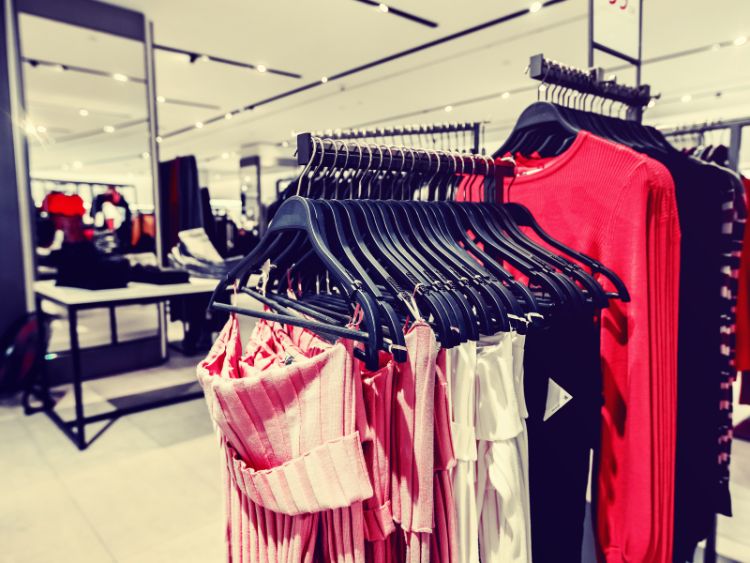Fashion Week is the beating heart of the global fashion industry. It’s the time when top designers, fashion houses, influencers, and buyers gather to witness the unveiling of the latest trends and collections. From Paris to New York, Milan to London, Fashion Week has become a cultural phenomenon, shaping the way we dress, what we aspire to, and how we express ourselves through fashion. But what is Fashion Week, and why is it so essential to the world of fashion? Let’s dive in!
What is Fashion Week?
Fashion Week is a series of events held twice a year in major cities around the world, showcasing upcoming collections for the season. These events are typically organized into two main segments:
- Spring/Summer (SS) Collections – Held from January to March.
- Autumn/Winter (AW) Collections – Held from September to November.
Throughout these weeks, designers present their newest creations in runway shows, giving industry insiders a preview of the trends that will dominate the coming season. Fashion Week isn’t just about clothes—it’s about art, culture, and innovation.
History of Fashion Week
Though Paris has long been associated with haute couture, the very first Fashion Week as we know it today was actually held in New York in 1943. During World War II, American fashion journalists were unable to travel to Paris, the fashion capital of the world at the time. As a result, fashion publicist Eleanor Lambert organized the first New York Fashion Week to highlight American designers.
Since then, Fashion Week has evolved into a global event, with cities like Milan, London, Tokyo, and more hosting their own versions. These Fashion Weeks now cater to various aspects of the industry, from ready-to-wear collections to haute couture and even menswear.
Major Fashion Week Locations
There are four primary Fashion Weeks known as the “Big Four”—New York, London, Milan, and Paris. Each offers a unique vibe and perspective on fashion.
- New York Fashion Week (NYFW): Known for its edgy and modern collections, NYFW is where many American designers like Ralph Lauren and Marc Jacobs make their mark.
- London Fashion Week: Celebrated for its avant-garde and experimental designs, London is the home of daring and innovative fashion.
- Milan Fashion Week: Synonymous with luxury, Milan features brands like Gucci, Prada, and Dolce & Gabbana, setting the tone for high-end fashion.
- Paris Fashion Week: The grand finale of the Big Four, Paris is the mecca of couture fashion, hosting designers like Chanel, Dior, and Louis Vuitton.
The Significance of Fashion Week
Fashion Week is more than just runway shows. It plays a pivotal role in:
- Trend Forecasting: Each season’s collections provide insight into upcoming trends. Fashion Week dictates what consumers will likely see in stores and how everyday fashion will evolve.
- Cultural Influence: It influences other creative fields, such as photography, art, and even architecture. Fashion Week showcases not just clothes but the art of expression.
- Economic Impact: These events are a driving force in the fashion economy. They support a wide array of industries, from textiles to advertising, with millions of dollars in revenue generated each season.
The Evolution of Fashion Week
Over the decades, Fashion Week has evolved. What was once an exclusive event for industry insiders has now opened its doors to the public, largely thanks to social media. Platforms like Instagram, TikTok, and YouTube have brought Fashion Week to the masses, allowing people around the world to follow every moment, from backstage interviews to the latest runway looks.
Live Streaming and Virtual Shows
Recently, especially post-pandemic, many designers have turned to digital formats. Live streaming of runway shows and virtual presentations have become commonplace, making fashion more accessible than ever before.
Fashion Week Trends: What to Expect?
From eco-friendly designs to gender-fluid fashion, the trends emerging from Fashion Weeks around the world are constantly evolving. Here are some trends we’ve seen take center stage in recent years:
- Sustainability: With climate change at the forefront of global concerns, many designers are now focusing on sustainable materials and eco-friendly production processes.
- Diversity: There’s been a shift towards more inclusive runway shows, featuring models of different races, body types, and gender identities.
- Technology: The integration of wearable technology into fashion has been gaining momentum, with designers experimenting with smart fabrics and digital enhancements.
Fashion Week FAQ
Q: When is Fashion Week held?
Fashion Week occurs twice a year—once for Spring/Summer collections and once for Autumn/Winter collections. The events usually take place between January to March and September to November.
Q: How do I attend Fashion Week?
While Fashion Week has traditionally been an invite-only event for industry insiders, many shows now offer tickets to the public. Additionally, several brands live-stream their runway shows online, allowing fans to watch from anywhere.
Q: What’s the difference between haute couture and ready-to-wear?
Haute couture refers to custom-fitted clothing made for specific clients, often requiring hours of handwork. Ready-to-wear (prêt-à-porter) collections are produced in standard sizes and sold in stores.
Q: Which designers show at Fashion Week?
This varies by location, but major designers like Chanel, Louis Vuitton, Prada, and Alexander McQueen often showcase their collections during Fashion Week. Up-and-coming designers also use Fashion Week as a platform to gain recognition.
Q: Why is Fashion Week important for designers?
Fashion Week is crucial for designers because it allows them to present their collections to buyers, the press, and influencers, helping to generate buzz and secure future sales.
Conclusion
Fashion Week remains a cornerstone of the fashion industry, influencing trends, culture, and commerce. Whether you’re a designer, fashion enthusiast, or just someone who enjoys keeping up with trends, Fashion Week offers something for everyone. It’s a celebration of creativity, innovation, and style. As fashion continues to evolve, so too will the role of Fashion Week, ensuring it remains relevant and inspiring for generations to come.
Authoritative Links:
- www.vogue.com/fashion-week
- www.couturenewyork.com
- www.fashionista.com

